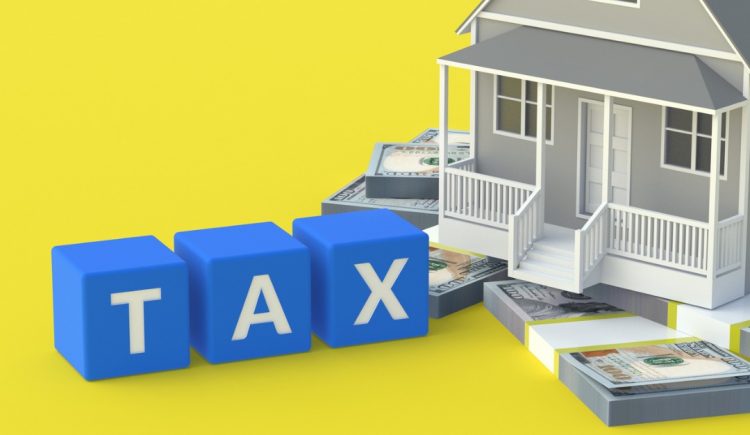If you sell a house, some or all of your profits may be subject to federal and/or state capital gains taxes. The taxable amount will depend on several factors, including when you sell the house. Understanding how the rules work can help you minimize your tax liability.
What Is Your Tax Basis?
Your tax basis is the amount you paid to buy your house, plus money that you spent on improvements to prolong your home’s life, increase its value or convert it to a different use. That figure will be used to calculate how much of a profit you earn on a sale and how much you owe in taxes. A higher basis will reduce your profit that is subject to taxes.
How Much of Your Profit Will Be Taxable?
Under most circumstances, $250,000 in capital gains will be excluded from federal taxes if you’re single. If you’re married and file a joint tax return, you may be able to exclude $500,000 in capital gains.
You will have to meet certain criteria to qualify for those exclusions. You must have owned the property and used it as your primary residence for at least two of the past five years. Those two years don’t have to be consecutive.
Additional rules apply to people who are disabled or who serve in the military, Foreign Service and intelligence community and couples who are divorced. If you don’t meet the guidelines to qualify for a full exclusion, you may be eligible for a reduced exclusion if you had a change in health or employment or experienced another unforeseen circumstance.
You will only be able to claim the full exclusion once every two years. If you sold another house and claimed the full exclusion during that period, you won’t qualify for it again when you sell your current home.
What Tax Rate Will Apply?
The amount of time you lived in the house prior to the sale can affect your federal tax rate. If you lived there for less than a year, you will be taxed at your ordinary income tax rate. If you lived in the house for more than a year, you will pay a much lower rate.
State tax laws vary. Check the laws in your state to find out how much of your profit will be subject to taxes and what rate will apply.
How Can You Time Your Home Sale to Minimize Your Tax Bill?
If you have some flexibility in terms of when to sell your house, you may be able to keep your tax liability down. Living in the house for at least two years may allow you to qualify for the maximum exclusion. If you’re planning to move after living in your home for less than two years, residing there for at least a year can allow you to qualify for a tax rate that is less than your ordinary federal income tax rate.











